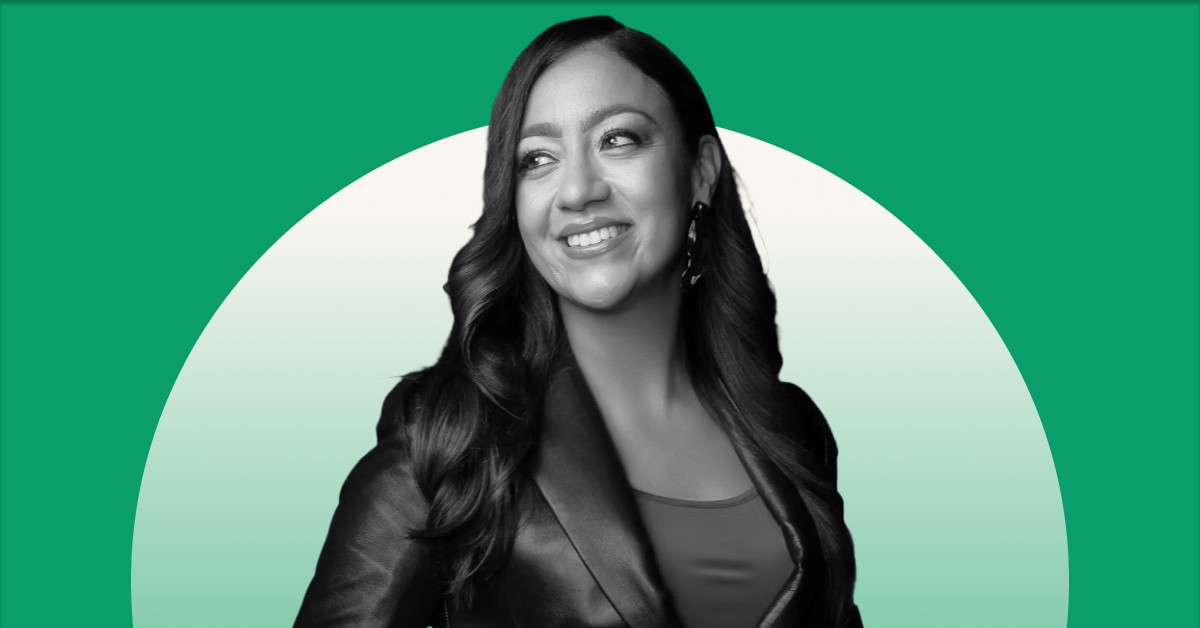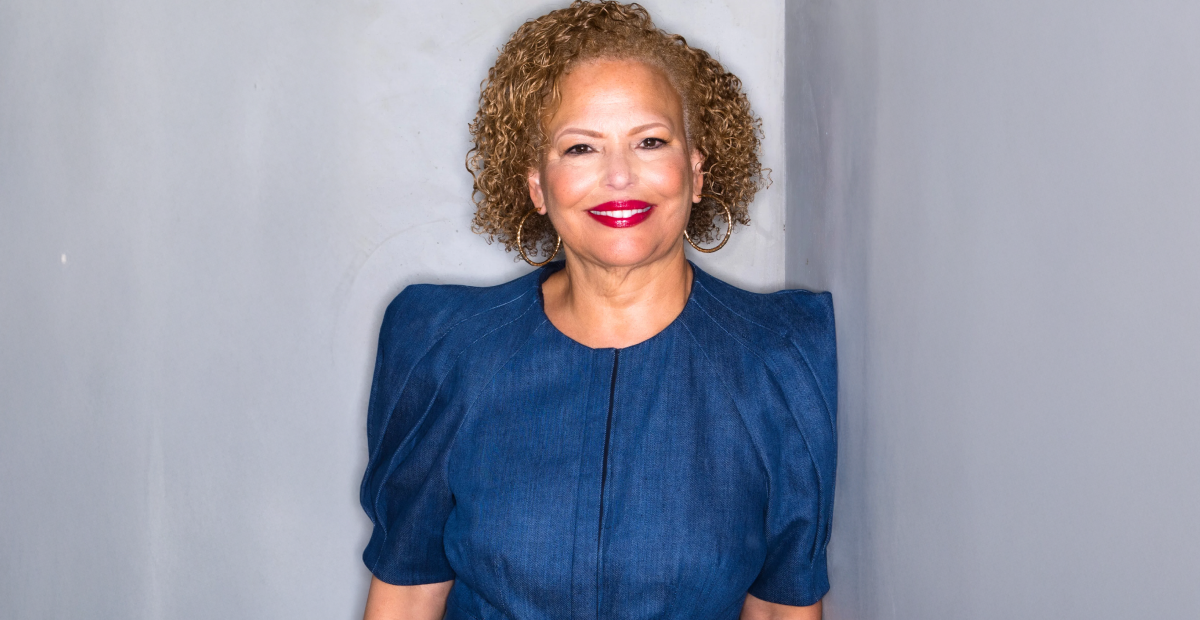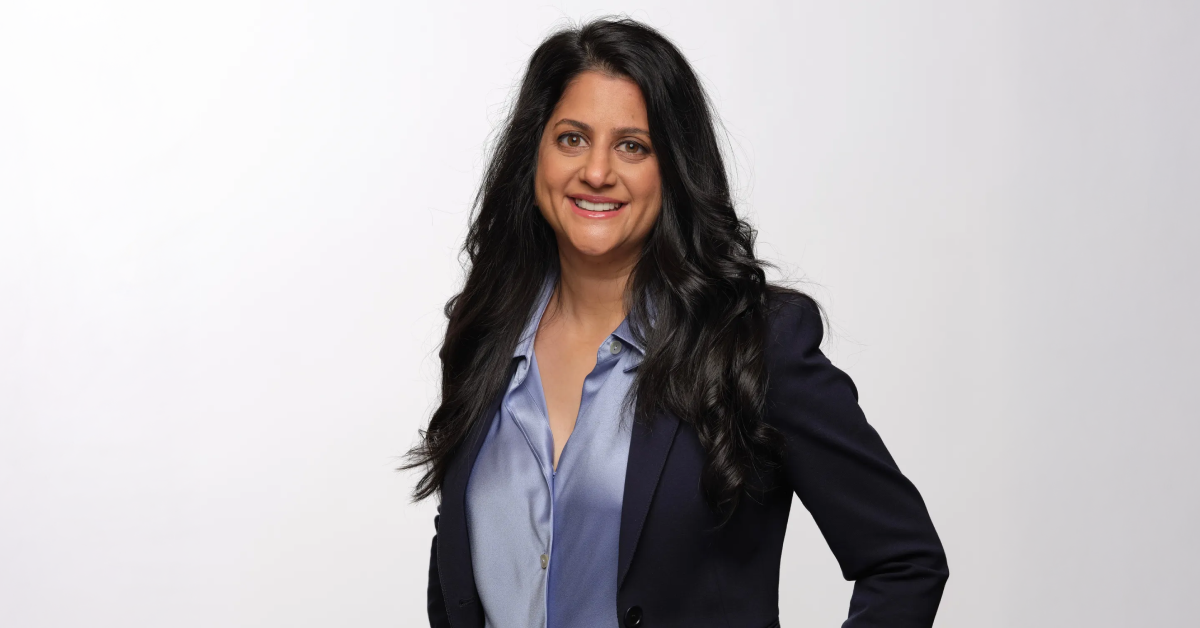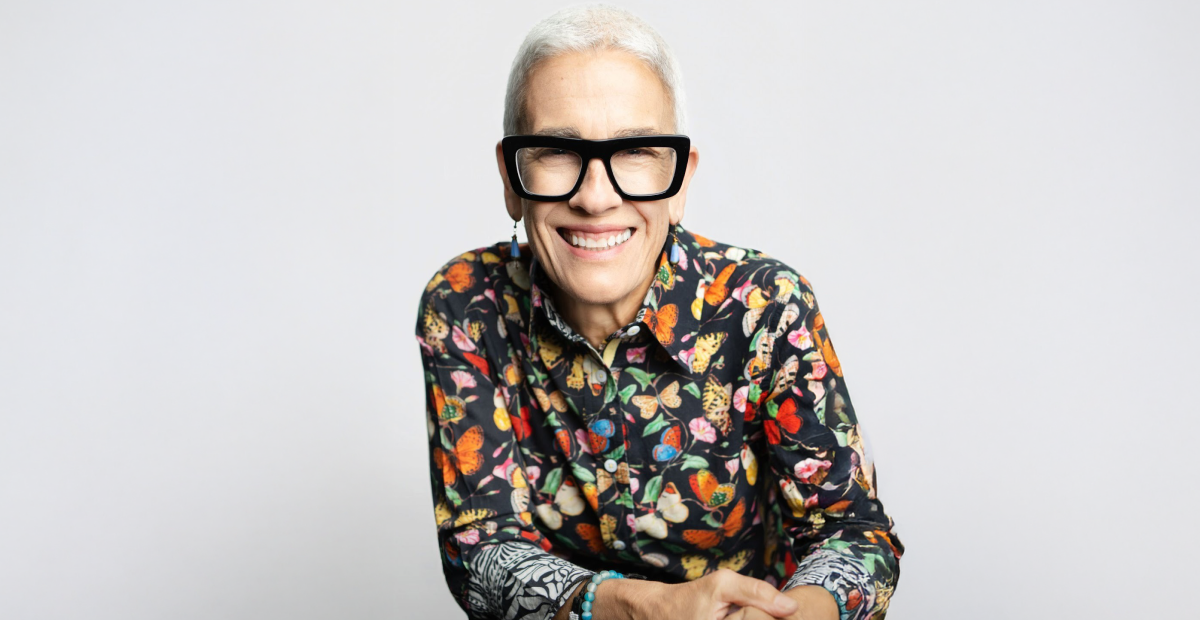The biggest career wins often come with risk. On our series, The Big Bet, Chief speaks with some of the most powerful members in our network about that single moment when they bet on themselves — and won.
With so few of our peers in leadership positions, it’s not unusual for women executives to doubt we deserve a seat at the table — even when we do. Just ask Patricia Mota.
Before she officially became the President and CEO of the Chicago nonprofit Hispanic Alliance for Career Enhancement (HACE) in April 2015, she was the interim CEO for seven months during a particularly turbulent time for HACE, an organization dedicated to the advancement of Latinx professionals. The support Mota received from her colleagues and sponsors to apply for CEO was what ultimately gave her the confidence to take the next step in her career. “[My] network believed that I could take the organization to the next level more than I believed in myself at the time,” Mota says. The CEO role turned out to be transformative for both HACE and Mota — under her first year in leadership, Mota grew partnerships by $1.5 million, increased membership by 67%, and expanded and launched new leadership programs nationally. Mota has been serving as president and CEO for eight years now.
As a Mexican American and child of immigrant parents who attended underserved public schools, Mota was acutely aware of the resource and education gap between Latinx students and their White peers. And, early on in her professional life, she knew that elevating Latinx people in the workforce was her calling.
It’s a crucial calling, too. Latinx workers are projected to make up 22.4% of the U.S. labor force by 2030, yet only 4% are in executive roles in the U.S., and the number is much lower for Latinx women. Mota is committed to closing this gap — and paying forward the boost she received from her community that helped her get where she is today.
In this edition of The Big Bet, we speak with Mota on purpose-driven work, how to manage executive fears, and why she’s grateful that her colleagues encouraged her to take a big bet she didn’t think she was ready for.
On Becoming a CEO Before You’re Ready
“Sometimes as women, we say, ‘Well, I’m not ready enough. I need more time. I don't have enough skills in certain areas.’ It can hold us back. When I stepped in as interim CEO, the organization was not in the best financial position — it meant letting people go and cutting back on a lot. I thought I was making sure things were ready for whoever came in next. But I had built a support network of folks who believed I could take the organization to the next level, and they asked me to put my name in the hat, formally. Now, we've more than quadrupled revenue, the staff has grown, and the programs have expanded. None of this would have happened without their support.”
On the Importance of Community
“I truly believe it's critical for both students and professionals to be able to see yourself in these types of leadership roles, whether it’s as a woman, a Latina, or another cultural background. As an undergrad, I had met Latina professional women on campus working towards an MBA — at that point I’d never seen a Latina in a professional workforce. These women, who were part of a larger national Latina sorority that I then became a member of, were my first mentors who I looked up to. That’s why, when I got to HACE, I helped develop and revamp a Latina leadership program. Many of the women in the first cohort were subject matter experts in areas I wasn't as confident in. They advised me, mentored me, and, most importantly, they became my biggest sponsors, because they were the ones who vouched for me with board members because they had gotten to know my capabilities and what I could accomplish.”
On Her Fears, and What Provides Confidence
“[As a CEO] I don't think the fear ever goes away. What I’ve learned is how to manage the fear and leaning in on my ‘why.’ Why is it that I do this? My personal mission has a lot to do with the sacrifices that my parents and ancestors made. I want to make sure that my siblings and I do better so our kids do better. That's part of my why. But the other piece is that I consider myself an advocate for access and equity. I see a lot of the injustices that people face, whether it's because of socioeconomic status or sexual orientation. Right now we're seeing heightened anti-DEI movements in legislation and language so that's another part of my why. To build a truly equitable workplace and society, we must make sure that everyone feels included. That’s the other rationale behind my work, and it’s what keeps me going.”
On Advice for Young Women in the Workforce
“Especially when we're getting started, we're not speaking up or advocating for ourselves.
If you're someone like me who grew up in a household where gender roles were well-defined, and where there’s strong respect for authority, sometimes that subconsciously translates into the workplace, and it holds you back without you realizing it. I'm also a proponent of making sure we close the wealth gap and pay gap for women, especially women of color. We often say yes to the first offer. How are we making sure we're advocating for ourselves if we’re not pushing back, negotiating, and getting more comfortable with that over time? What I’d tell my younger self is to speak up, advocate for yourself, and get comfortable with sharing your ideas and your aspirations because you never know what tools, resources, and connections are going to come your way.”
On Co-Founding a Financial Literacy Organization
“In one particular curriculum at HACE, there's a personal finance session where participant after participant would say, ‘Hey, can you help me understand my retirement plan options?’ Or, ‘Hey, I just went through a divorce and I wasn't taking care of my household finances.’ So my co-founders and I launched SHENIX, a financial technology educational solution that provides culturally relevant content in Spanish and English, to help women with everything from budgeting to investing. All they have to do is create a profile, complete a survey, and then SHENIX takes care of the rest. We provide a community of investment and negotiation advisors to make sure we're closing and eliminating that pay gap and wealth gap.”
On Women's Leadership in 10 Years
“The need for more women in leadership is an aspirational goal and we need to achieve that both in representation and pay. You look at Iceland, for example, which has achieved gender parity. It’s a much smaller country, but they've prioritized equality in legislation, and you see the acceleration that was achieved. I see potential for that in the U.S. as well, specifically since we're so far behind. As for DEI, I hope we get to a place where we don't have to talk about it. Little girls right now are talking about going into STEM — things like that aren’t new to them and now it’s the norm, right? I want women in leadership and DEI to be the norm.”



